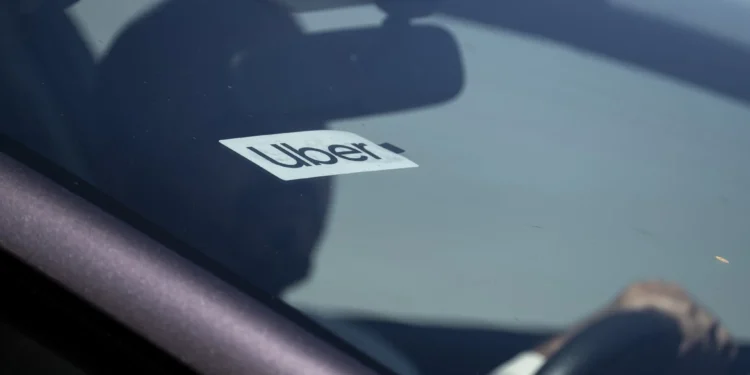Seattle riders are paying the highest Uber fares in the nation, with a typical 30-minute trip costing around $60, nearly double the price of comparable rides in other states, according to a recent analysis.
The steep pricing affects daily commuters and travelers throughout the region, particularly those using Seattle-Tacoma International Airport, where ride-hailing services see heavy demand around the clock.
Local resident Alex Gutierrez experienced the price shock firsthand when helping his brother move from Bothell. An airport pickup cost $91, more than his $100 Uber gift card could cover.
“I used to drive for Uber,” Gutierrez said. “That same drive used to be around $40. Now, it’s nearly twice that.”
Other riders report similar fare increases across the metro area. Gaby Reichstein paid $123 for a ride from Seattle to Kirkland, while business traveler Noah Becker spent about $70 for a 14-mile trip from the airport to downtown Seattle, costs he noted were higher than similar distances in larger cities like Los Angeles.
Sample fares from around the region show consistent premium pricing. A 14-mile trip from North Everett to Paine Field runs $40.92, while downtown Kirkland to The Landing in Renton costs $54.95.
The high prices stem from multiple factors affecting Seattle’s ride-hailing market. The city’s Fare Share Ordinance requires companies to meet minimum compensation standards for drivers, including per-mile and per-minute rates, expense reimbursements, and benefits access. Seattle also mandates that rideshare drivers receive minimum wage compensation.
While the city doesn’t directly regulate fares, companies like Uber factor these requirements into their pricing structure.
Airport fees add another cost layer. Seattle-Tacoma International Airport charges rideshare companies $6.50 for each passenger pickup and $4 for drop-offs, though the drop-off fee is reduced for electric vehicles as part of the Port’s emissions reduction efforts.
Some users accept the premium pricing for perceived service quality. Frequent rider Ariel Hardy said she appreciates the consistency in Seattle’s market.
“We pay more, but the rides are cleaner and the drivers are more personable,” Hardy said.
The pricing puts Seattle riders in a position of weighing higher costs against driver compensation policies designed to improve working conditions in the gig economy.







